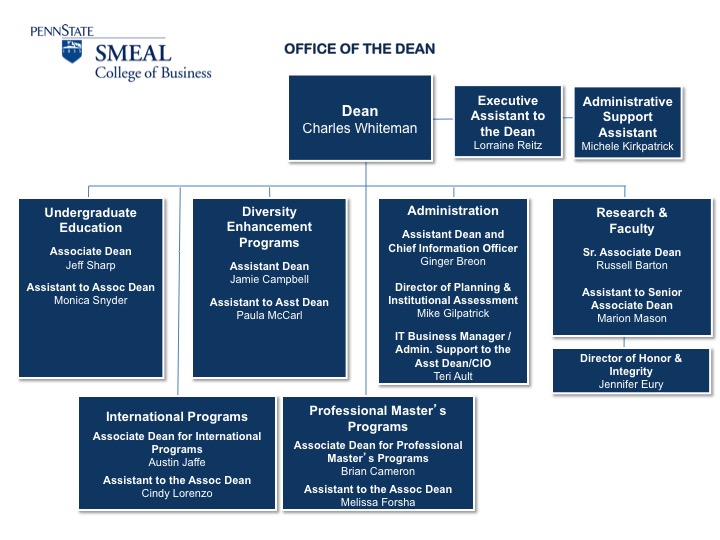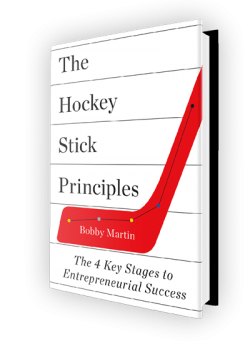My father, who for 50 years has worked as a mathematician at N.C. State, recently exclaimed, “When I arrived at N.C. State, the dean’s office was comprised of the dean, a secretary, and a part-time associate dean–and that’s it. Today, the dean’s office has an army of staff. The amount of research completed and number of classes has dramatically increased, yet the number of teaching faculty hasn’t changed.”
I was curious so I researched the College of Science where Dad works. Turns out – he makes a good point. I counted 44 non-professor associates in the dean’s office, including four in human resources, three in business operations, seven in advancement, three in marketing and communications, and two in “outreach.”
Are these 44 associates necessary? Debatable, but I doubt it – for the fact that 50 years ago, the college’s core functions operated just fine without them. However – and to my main point—I bet the 44 associates work hard. But the fact that they work hard and have stress doesn’t mean their jobs are quite necessary.
Parkinson’s Law of Triviality
In my book The Hockey Stick Principles, I discuss how easy it is to hire people you believe you need because most companies have similar jobs. After you hire them, you feel like you did the right thing because they appear super-busy. But is that job necessary?
In November 1955, C. Northcote Parkinson’s The Economist article “Parkinson’s Law,” stated: “It is a commonplace observation that work expands so as to fill the time available for its completion.” The first example he cited was how an elderly lady of leisure can spend all day sending a postcard versus three minutes for a busy man to complete the same task.
Parkinson’s Law suggests that if you hire too many people, they’ll accomplish the same amount of work as a smaller number of people. For example, if you hire one person to manage sales operations—they’ll remain busy doing just that. But if you hire three people to manage sales operations, then guess what will happen? They will remain busy doing just that. They’ll make up things to do and create projects and reports, conduct meetings, and even still go home tired. So it’s your and your leadership team’s job to make sure you don’t become like the elderly lady of leisure. You have to aim for optimal efficiency and be sure that the hires you’re making are truly necessary.
Which brings me to Hockey Stick Principle #84: Understand the necessity of every hire you make.
The process of assessing what hires to make is easier said than done. Calibrating how much staff you hire trips up many founders. You make mistakes in numerous ways—hire too many people, not enough people, or hire the wrong position (i.e., bring on a director for marketing instead of a director for sales, or visa-versa). Here are two tips for thinking about jobs that are necessary versus ones you simply want:
- Until you reach the growth inflection point (see examples – how they did it stage by stage), perform as many functions as you can yourself instead of hiring experts. To start a company, you have to be pretty good at lots of things. For example, do your own marketing, do your own sales, manage your own product, calculate your own key performance indicators (KPIs). Simply do the best you can with what you have.
- Hire interns. Interns are inexpensive investments and can do lots and lots of work if you provide them the proper guidance.
The dean’s office is inefficient because it can be. It’s a mature industry with government support. It has access to capital and spends money only because it is there. Don’t do that. Because if you do, one day you might wake up to a competitor at your doorstep—that’s way more efficient and kicking your ass.
Sign up to get more great insights directly to your inbox.
As a special bonus, you'll also immediately get access to my inside analysis of what made 172 diverse companies achieve take-off revenue growth.


You’re right, you have had some pretty darn good interns.